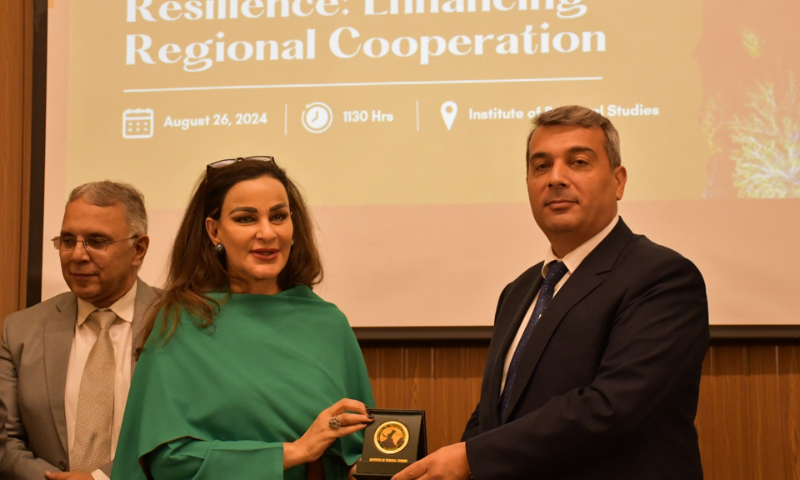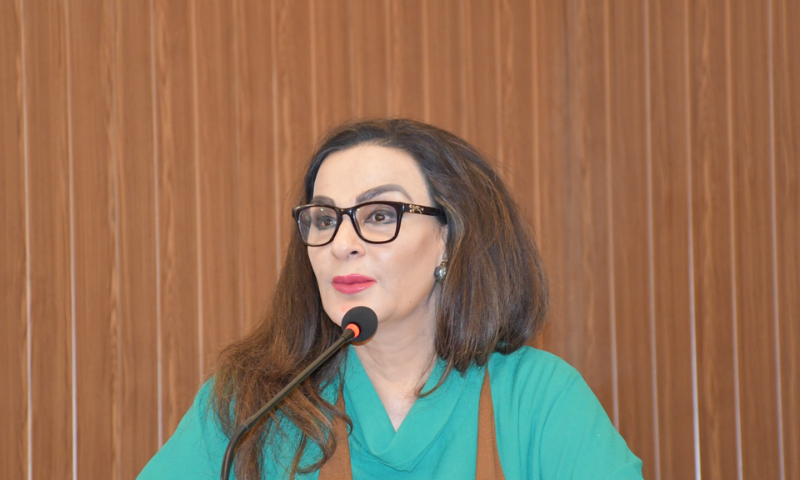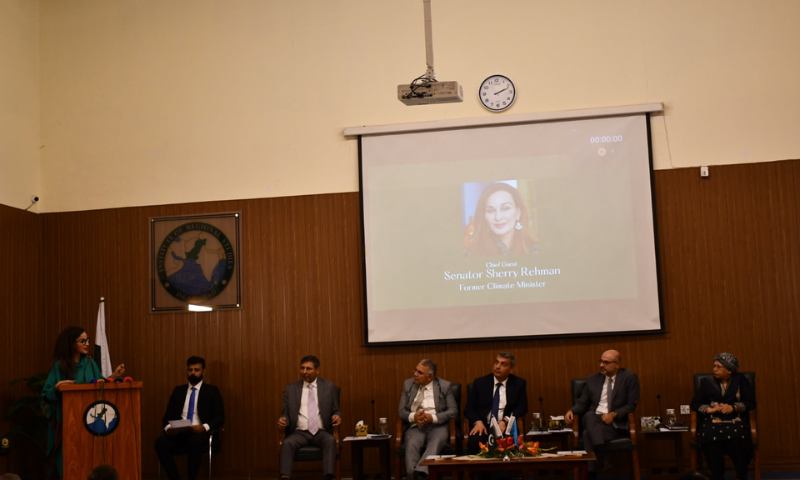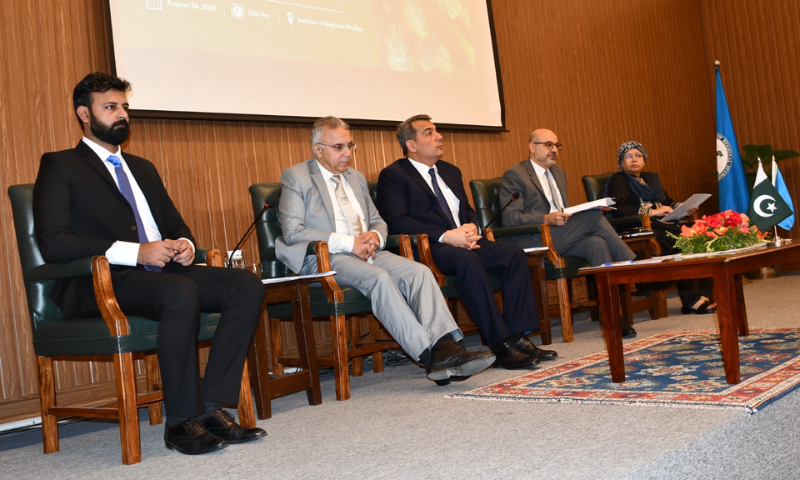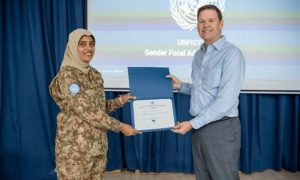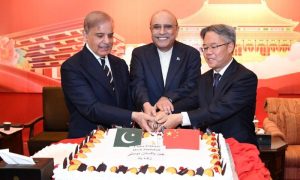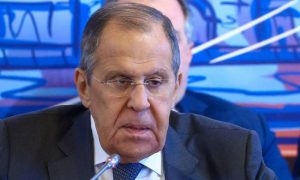ISLAMABAD: Pakistan Peoples Party (PPP) leader and Senator Sherry Rehman cautioned that without immediate action to combat the adverse effects of climate change, humanity will face a future characterized by “want, lack, and scarcity.”
She was addressing a pre-COP29 seminar organized by the Institute of Regional Studies (IRS).
Senator Rehman emphasized that the destructive forces of geopolitics and hyper-nationalism are diverting attention from the urgent threat of climate change, which poses a risk of mutually assured destruction.
The seminar, titled “Strengthening Transboundary Resilience: Enhancing Regional Cooperation,” featured a range of experts discussing critical issues and potential solutions for improving regional climate resilience.
Keynote speaker Usman Ghani, Additional Commissioner of Indus Waters at the Ministry of Water Resources, provided a comprehensive overview of the Indus Waters Treaty. He detailed the treaty’s components, including data sharing and dispute resolution, and highlighted its potential as a mechanism for enhancing transboundary water resilience.
Ghani stressed that the treaty could be a valuable tool for cooperation if both parties are fully committed to its implementation.
Ambassador Khazar Farhadov, Azerbaijan’s ambassador to Pakistan and chair of the session, expressed optimism about COP29, which will be hosted by Azerbaijan. He underscored the importance of global solidarity, mobilizing international climate finance, and ensuring an inclusive process, calling COP29 the “most significant international event of 2024.”
Dr. Samuel Rizk, the UNDP country representative, addressed the critical issue of water scarcity, describing it as a defining global challenge. He argued that water scarcity represents a “zero-sum game” and stressed that climate diplomacy should focus on creating win-win scenarios where all parties benefit.
Dr. Najibullah Sadid, an independent scholar with experience at the Federal Waterways Engineering and Research Institute (BAW), discussed water issues in Afghanistan, including water quality and connectivity with Central Asian states. He advocated for a long-term vision in policymaking, criticizing the region’s current short-sighted approaches.
Ms. Farrah Naz, country director of the Global Alliance for Improved Nutrition (GAIN), highlighted the agricultural challenges in South Asia, home to 40 percent of the world’s poor and malnourished. She warned that climate change could reduce crop production by 10-40 percent by the end of the century, worsening food insecurity. Contributing factors include urbanization, rising sea levels, and increasing soil salinity.
Ambassador Jauhar Saleem, President of IRS, emphasized the need for cooperation in addressing global threats like climate change. He noted that climate change transcends borders and could be a unifying issue in diplomatic negotiations, serving as “low-hanging fruit” for collaborative efforts.
Talha Tufail Bhatti, an environmental scholar leading the “Strengthening Regional Climate Resilience Program” at the IRS, expressed enthusiasm for hosting more seminars of this nature. He highlighted the importance of continued dialogue and collaboration in the ongoing fight against climate change.









